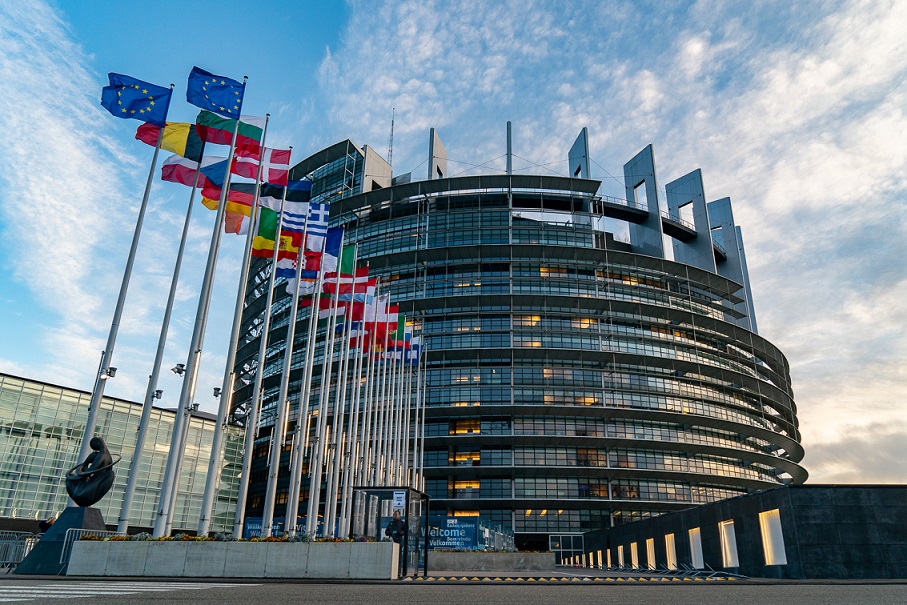Kering Launches Biodiversity Strategy
Kering, owner of luxury brands including Gucci, Saint Laurent, Bottega Veneta, Balenciaga, and Alexander McQueen, has announced a new Biodiversity strategy, in an effort to ensure the protection and sustainability of natural resources.
Kering recently made sustainability headlines last month with the addition of actress and activist Emma Watson to its Board of Directors, along with her appointment as Chair of the board’s Sustainability Committee.
Noting that the company’s operations depend on nature and its resources, Kering acknowledged that its core business is inextricably linked to well-functioning, healthy ecosystems, and that degradation to these ecosystems could have a direct impact on the group’s global supply chains. The groups efforts have been focused on several actions, including supporting several conservation programs and developing rigorous standards for raw material sourcing, manufacturing processes and animal welfare.
In the document detailing its new strategy, Marie-Claire Daveu, Kering’s Chief Sustainability Officer, said:
“Biodiversity is intrinsically linked to our business, and the need for holistic integration with nature through a strategically-driven approach is critical for our entire industry, and beyond.”
Kering’s new Biodiversity strategy is based on 3 key goals, including stemming biodiversity loss, restoring ecosystems and species, and sparking systemic change that goes above and beyond the company’s supply chains. To that end, the new strategy has been structured into four stages:
- Stage 1: Avoid. Make decisions that do not have or prevent negative impact on areas with high conservation value.
- Stage 2: Reduce. Reduce biodiversity impact through alignment with the science and certification.
- Stage 3: Restore and Regenerate. Restore ecosystems where impact is unavoidable.
- Stage 4: Transform. Develop game-changing solutions to revolutionize the global fashion and luxury industry beyond the group’s direct supply chains.
Kering announced that it is aligning its biodiversity policy and programs with those of the reference framework set out by the Science-Based Target (SBT) Network. The group is working closely with stakeholders whose efforts are grounded in scientifically based best practices, focusing on initiatives that directly impact its core business. A critical issue for the group is reducing greenhouse gas emissions – Kering is targeting a 50% reduction by 2025.
Along with the release of its Biodiversity strategy, Kering also committed to restore and regenerate a million hectares for its supply chain and protect one million hectares of critical, irreplaceable habitat.





